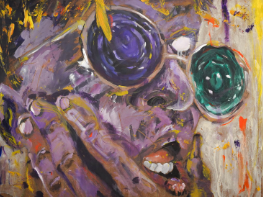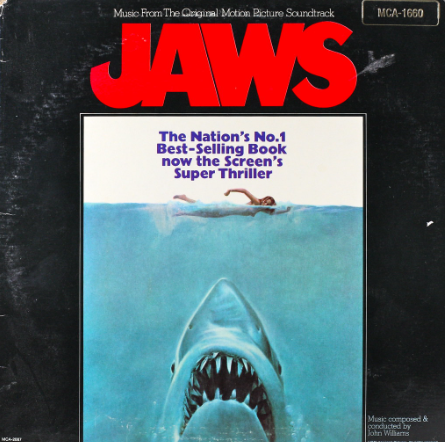Cyber piracy sets sail among CHS students

Downloading music from YouTube as MP3’s for free is one of the most common forms of cyber piracy.
November 21, 2018
Being a pirate has never been easier. And you don’t need a big ship, crew members and a treasure map, either. Anyone can be a pirate, and chances are, you are one!
According to Merriam-Webster, modern-day piracy is “the unauthorized use of another’s production, invention, or conception especially in infringement of a copyright.” It includes everything from downloading songs from YouTube to finding free movies online.
According to NBC, 24 percent of online traffic in 2016 infringed copyright law, with 18 percent coming from the United States. The Los Angeles Times reported that in January 2013 alone, 327 million users illegally sought out copyrighted content. According to the Intellectual Property Office of the United Kingdom, the most commonly cited reason for infringing copyright law online is simply convenience.
Convenience and the ease of accessing pirated online content are some of the main reasons why it is so widespread. In a survey of 99 CHS students, 70.7 percent said they have pirated content in the past.
“It’s extremely easy,” said senior Amanda Lavery of Marlboro. “You can just Google, like ‘download mp3s free’ and it will just come right up.”
Though these acts may appear harmless, they detract revenue from authors and artists. A publisher in the United Kingdom told fiction author Samantha Shannon that thanks to online piracy, authors should be “grateful they even have readers.”
“Outside the creative industry, people broadly dislike theft. Within the creative industry, it becomes a grey area where people aren’t sure,” Shannon said on Twitter.
In recent years, several companies have taken action to help prevent copyright infringement. For example, YouTube and SoundCloud both created easy ways for copyright holders to file for infringement.
But despite these measures, online piracy doesn’t seem to be going away. When asked if she would continue to pirate content in the future, Lavery said, “Yes, I probably would!”














